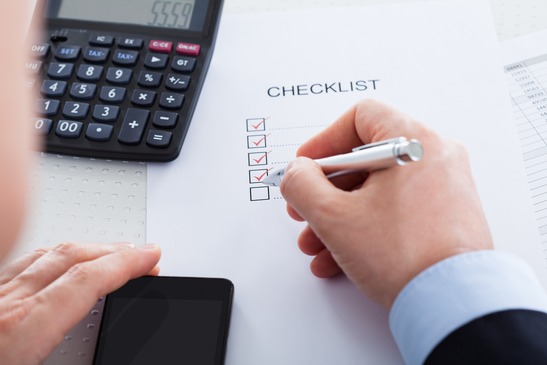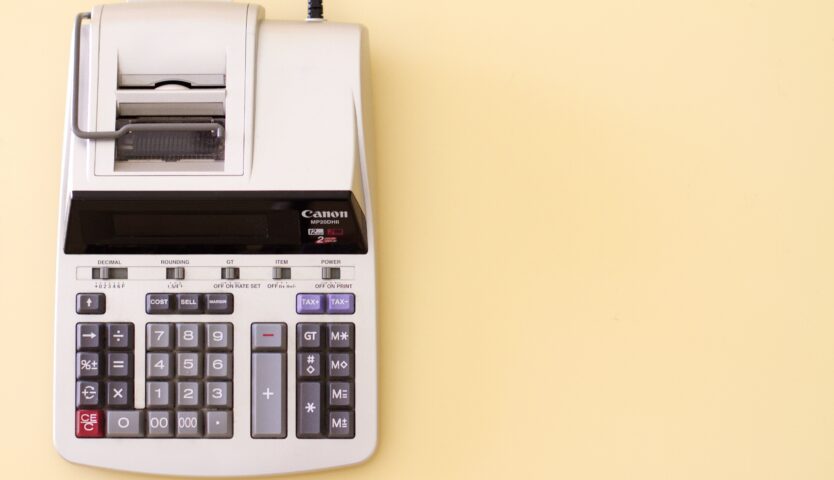When it comes to tax audits, this standard governmental process tends to get a bad rap. In general, tax audits are dreaded because they are not well understood by those who file. By debunking common myths about tax audits, Canadians can ease their worries over this regularly occurring event. Whether you are being audited or would just like to know more about the process, consider the following five myths about tax audits:
Filing for tax deductions makes you more likely to be audited.
Every year, many people avoid filing for the deductions they deserve because they are nervous it will put them at an increased risk of being selected for an audit. However, the number of deductions you claim on your taxes has little to do with whether or not your filing is audited. When it comes to your submission, the Canada Revenue Agency (CRA) looks at the filing as a whole, rather than just your deductions, to ensure it makes financial sense. It is better to claim the proper deductions each year, and receive an appropriate tax return.
I can avoid being audited by waiting to file my taxes.
It is wishful thinking to hope that you will not be audited by avoiding the CRA altogether. Failing to file your taxes can not only result in serious fines, it is also illegal. Penalties for missing the submission deadline can be much stricter and less desirable than a routine audit. It’s best to file your taxes on time with the appropriate financial details.
It is not worth correcting previous filings.
Audits do not take place immediately. In fact, they can take place several years after you file. If you notice an inaccuracy on a previous year’s submissions, you can typically volunteer the correct information to the authorities without risk of criminal charges. Keep in mind, the CRA can access any year’s tax filing at any time; if you’re concerned about an error or omission, it’s best to speak up proactively.
If you file online, you will be audited.
Many individuals who have a history of filing their own taxes or working with a professional to submit their filing are skeptical of online tax submission services. Yet those who utilize this software have been shown to be at no increased risk of being audited. In fact, those people who submit taxes online or work with a professional may be at a decreased risk of being audited, because it is less likely that a mathematical error will occur.
Audits are scary.
While many taxpayers fear being audited, the truth is that the auditing process can be a very straightforward procedure. Typically, the audit process involves you being asked several questions about your filing, and being given an opportunity to explain any drastic, year-over-year financial changes.
This tax season, if you would like more information on avoiding an audit or properly filing your taxes, consult Liu & Associates for assistance.







